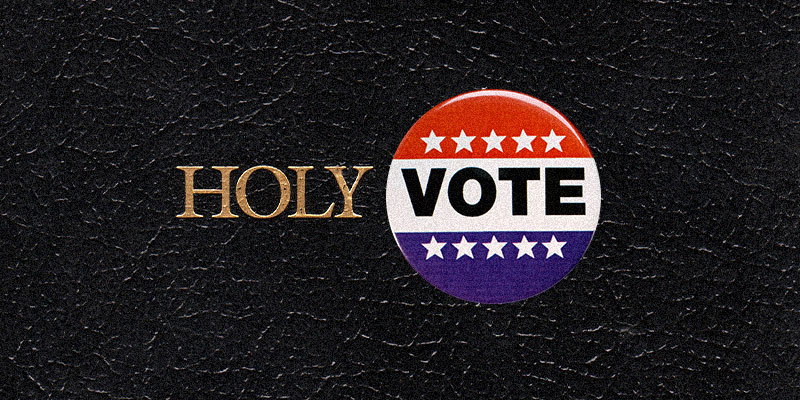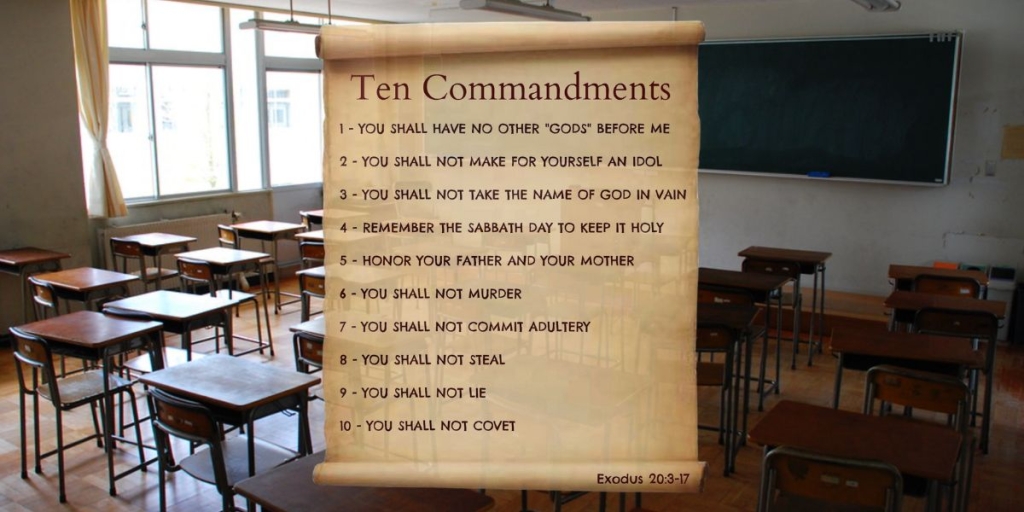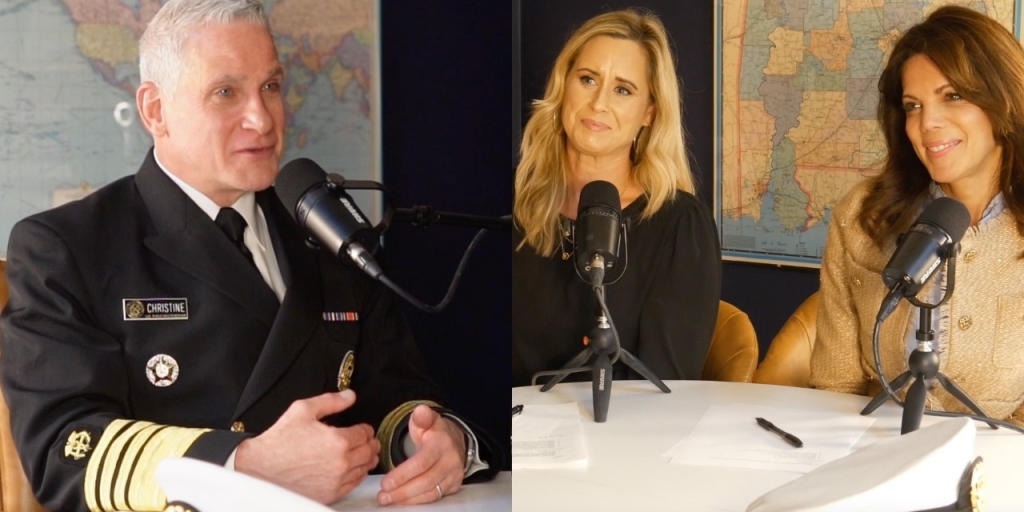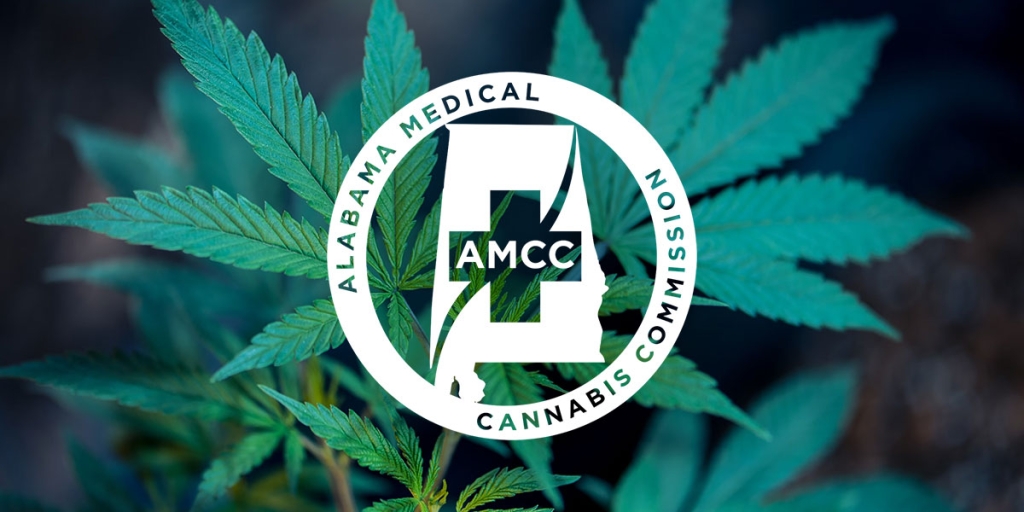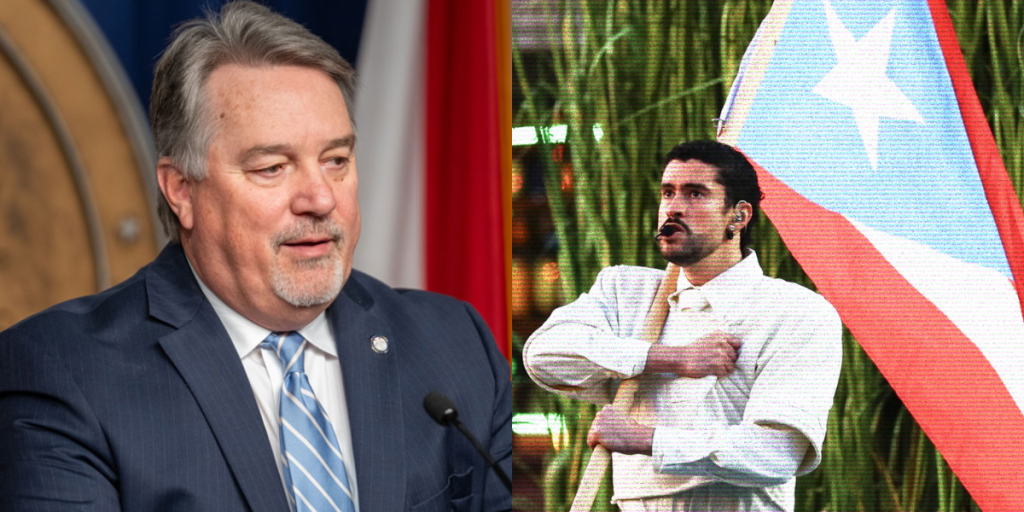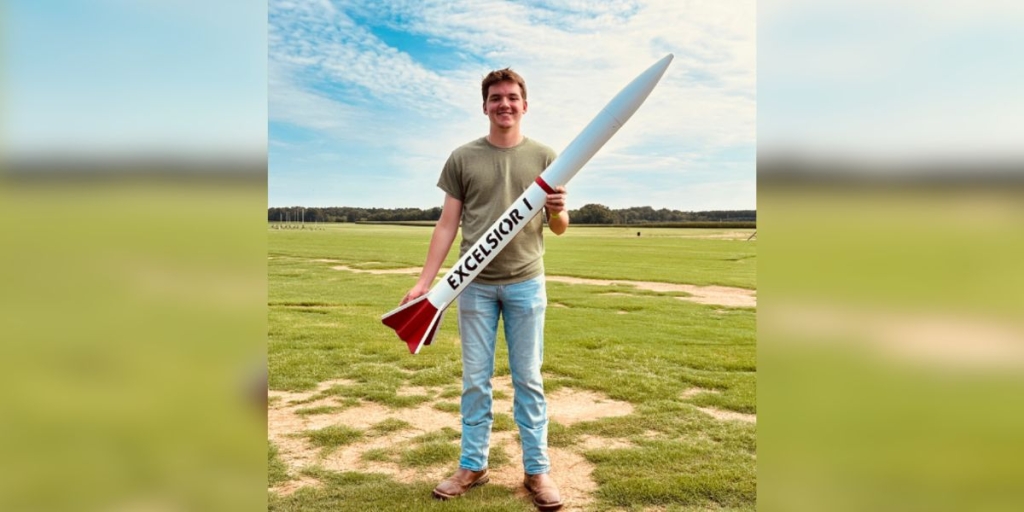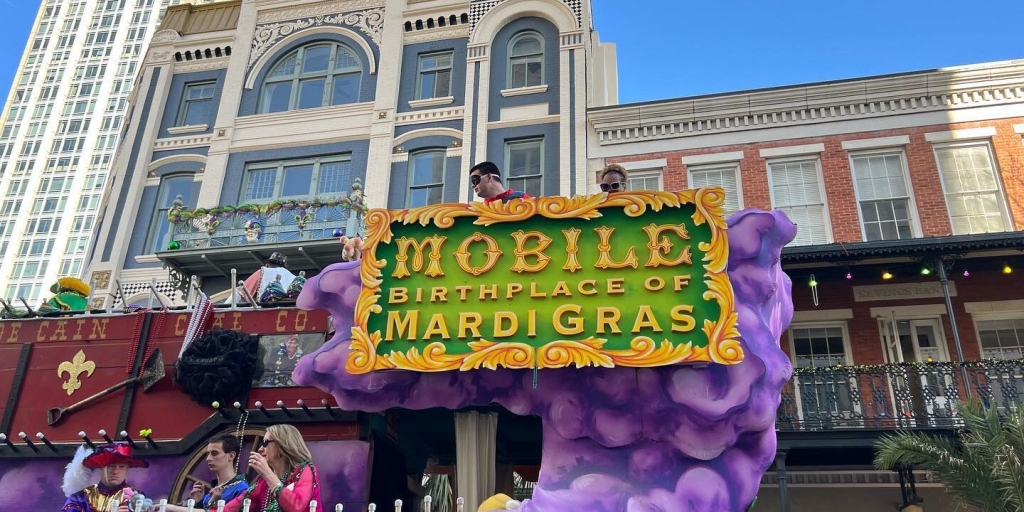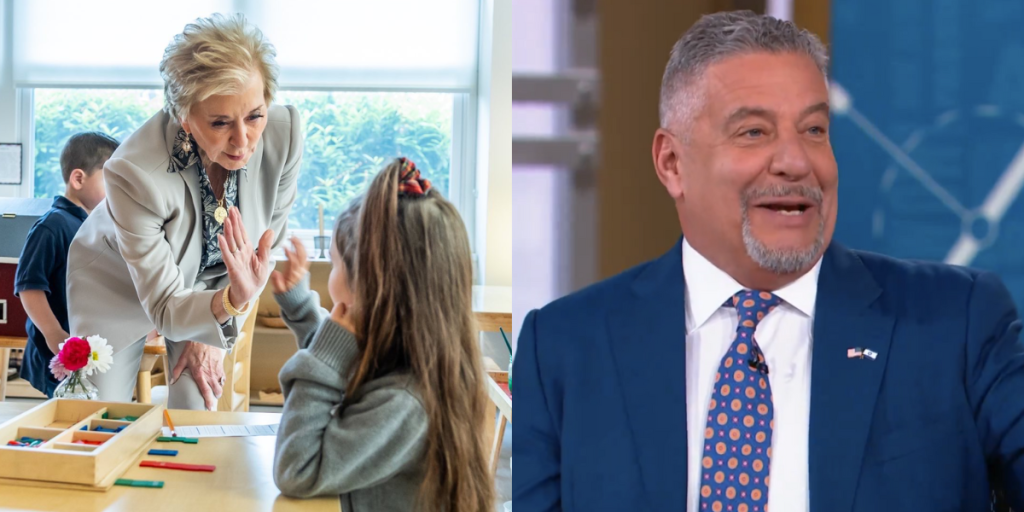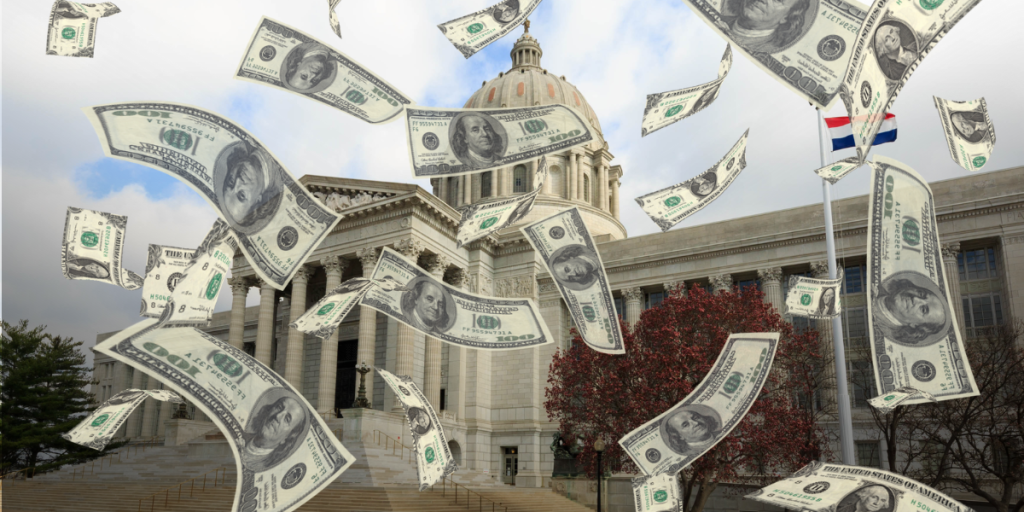From the Founding until today, one of our country’s distinguishing marks has been its constitutional provisions both preventing legal establishment of religion and allowing for its free practice.
These freedoms are deeply held, but present all kinds of constitutional challenges as we have seen with same-sex marriage, abortion, and the recent controversy wherein the Supreme Court decided that a Missouri parochial school could not be denied tax-payer funded grants to be used for its playground.
While many voters, politicians, and courts have increasingly decided that religiously-informed moral principles have no place in policymaking, Mobile’s Archbishop Thomas Rodi dissents.
In a recent interview with Yellowhammer (see part one here), Archbishop Rodi discussed why he rejects a zero-sum division in the relationship between faith and politics.
“Everything we do in life reflects our values, and voting is no exception. When we vote, we are to vote in accord with what our values are,” Archbishop Rodi said. “The laws we make reflect our values, and whether that’s laws dealing with traffic regulations, or taxes, or budgets, they reflect what our values are. When we stand before God, we give an accounting of our life. Not a part of it, but all of it.”
That truth might make it easier for people of faith to know where to stand on certain issues, but it undoubtedly complicates others. Archbishop Rodi used the issue of immigration and refugees as such an example.
“Nations have to have borders. At the same time, how do we care for people in need? And that’s a political question, but we cannot turn our backs on the needs of others,” he said, and then expanded on the issue, making some key distinctions.
“A migrant is someone who leaves his country voluntarily, usually with the intent of returning home; an American who works in Saudi Arabia for an oil company is a migrant. Immigrants freely leave their country with the intention of permanently residing somewhere else. Refugees involuntarily leave their country. To the extent that we’re able to, we need to reach out to those in need. At the same time, we have to be careful about who we let in or it may cost American lives here. That’s a balance. It’s not easy and it is a political question.”
Ultimately, Rodi said we can’t simply separate our lives into the moral or religious and the political. Moreover, faith properly put into action within the public square has led to a greater human freedom. He cited Popes John Paul II and Benedict XVI.
“Both of them lived in countries with totalitarian, fascist and communist governments. And as different as fascism and communism are, they had this similarity: both regimes told the people that your dignity comes from the state… They told the people this is a lie. Your dignity comes from God, not from the state.”
Pope Benedict, in his 2010 address to the British Parliament, reminded members that this truth binds them and the rest of the West as much as it binds totalitarians.
“Once communism fell in Eastern Europe, it was notable that Benedict told the people in the western democracies the same message.”




